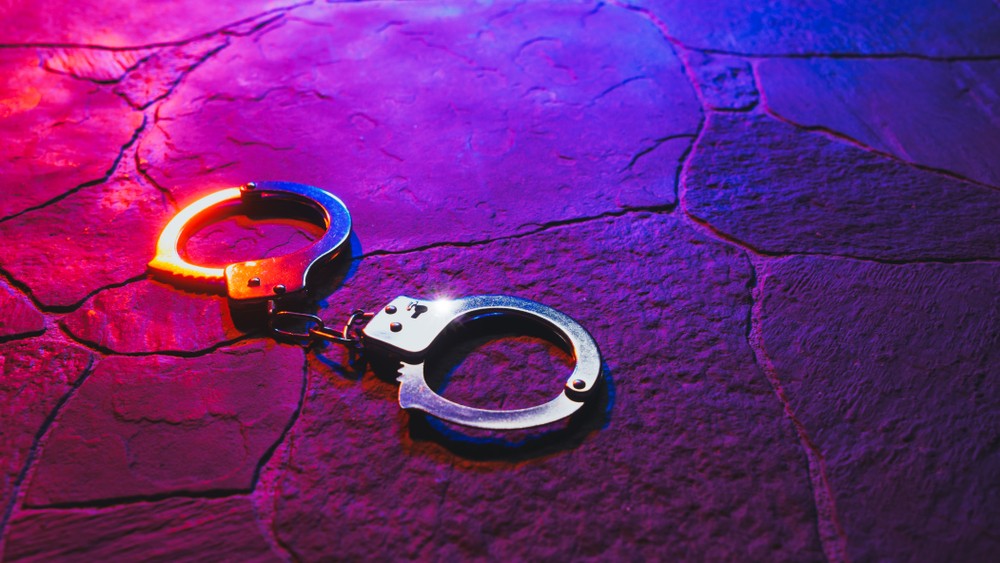Key Takeaways
- A pro-democracy group asks Illinois to investigate alleged crimes by federal agents.
- Operation Midway Blitz has led to over 1,500 arrests and reports of shootings and raids.
- Residents describe military-style tactics, wrongful detentions, and racial profiling.
- Free Speech For People demands state charges against agents and their leaders.
- The call tests state power to hold federal law enforcement accountable.
State Probes Federal Agents After Raids
Free Speech For People wants Illinois to open criminal investigations into federal agents. They claim officers from ICE, CBP, and Homeland Security have broken laws in Chicago. Over the past two months, Operation Midway Blitz has sparked protests and fear across neighborhoods.
Operation Midway Blitz and Federal Agents’ Actions
In early September, the Department of Homeland Security launched Operation Midway Blitz. Since then, federal agents have arrested more than 1,500 people. However, many say the tactics used have crossed legal lines.
Background on Operation Midway Blitz
Operation Midway Blitz aims to detain undocumented immigrants in major cities. Chicago became one of its main targets. Federal agents were sent in helicopters, vans, and on foot. They focused on public places, workplaces, and neighborhoods.
Reported Incidents and Allegations
Yet, community groups report alarming behavior. In one case, agents shot 38-year-old Silverio Villegas Gonzalez. They said he drove toward an officer. But body camera footage later cast doubt on that claim. Another man, Marimar Martinez, a U.S. citizen, was shot after a protest. Again, video evidence raised questions about the official version.
Moreover, agents rappelled onto a South Shore apartment roof one night. They broke down dozens of doors without warning. Families, including children, were herded into vans. Some spent hours tied up in U-Hauls. They say officers destroyed furniture and personal items.
Calls for Investigation
Free Speech For People sent a letter to Attorney General Kwame Raoul, Cook County State’s Attorney Eileen O’Neill Burke, and Chicago Police Superintendent Larry Snelling. They urged these officials to act on the alleged crimes. The group insists state power can check federal law enforcement when rights are at risk.
They pointed to a commander’s remark about detaining people “based on how they look.” That hint of racial profiling outraged civil rights advocates. In another incident, agents detained a Latina citizen at her job. They zip-tied 44-year-old Maria Greeley and claimed her passport looked “fake.” Officers said she did not look like someone named Greeley.
State vs. Federal: Legal Power
The U.S. Constitution gives federal law priority over state rules. Yet, states still hold power to investigate crimes in their territory. Free Speech For People argues that federal agents are not above the law. They want Illinois to show it can defend residents against unlawful force.
Thomas Mills, Broadview’s police chief, already opened three criminal probes. They involve false 911 calls by ICE, assaults on protesters, and an attack on a reporter. That step shows local leaders can hold agents accountable, at least in part.
Impact on Communities
Many families live in fear. They worry any knock on the door could lead to a forceful arrest. Children now hide when they see officers. Community centers and churches have become safe havens for advice and support.
Journalists also face risks. Reporters say they were shot with rubber bullets and tear gas while covering protests. Pastor David Black was struck in the head by a pepper ball. He was praying outside a detention center in Broadview. These actions chill free speech and press freedoms.
Residents who try to film raids face arrests too. Alderwoman Jessie Fuentes was handcuffed for asking officers if they had a warrant. At a cemetery, two U.S. citizens were chased and detained for documenting activity in a public place. All these actions violate clear First Amendment rights.
Voices from the Advocacy Group
“These are not law-enforcement operations; they are acts of political violence,” said Courtney Hostetler, Free Speech For People’s legal director. She stressed that officers have become enforcers of a political agenda, not protectors of public safety.
Ben Clements, the group’s chairman, added, “Federal agents do not have a license to commit crimes.” He argued that state officials must step in when federal power goes unchecked.
Next Steps for Illinois Officials
State Attorney General Raoul and Cook County prosecutors now face a choice. They can launch inquiries into shootings, wrongful raids, and alleged racial profiling. They could also examine orders from Trump and his senior staff who directed the blitz.
If charges move forward, agents and possibly high-ranking officials could face criminal liability. The letter states that the brutality is intentional. It aims to suppress dissent and create fear among political opponents and marginalized communities.
Community leaders urge swift action. They believe only a thorough probe will restore trust in law enforcement. They want Illinois to send a clear message: no one, not even federal agents, is immune from the law.
Conclusion
The calls for investigation put state authority to the test. If Illinois officials act, it may curb aggressive tactics by federal agents. Ultimately, residents hope these steps will protect their rights and bring accountability to law enforcement, at all levels of government.
Frequently Asked Questions
What triggered this call for criminal probes?
A pro-democracy group filed a letter citing alleged shootings, wrongful raids, and racial profiling by federal agents.
Who are the officials asked to investigate?
Illinois Attorney General Kwame Raoul, Cook County State’s Attorney Eileen O’Neill Burke, and Chicago Police Superintendent Larry Snelling.
What legal barrier exists to state investigations?
The Supremacy Clause gives federal law priority, but states can still probe crimes that occur on their soil.
What could happen if charges move forward?
Federal agents and possibly their supervisors could face criminal liability for actions during Operation Midway Blitz.
